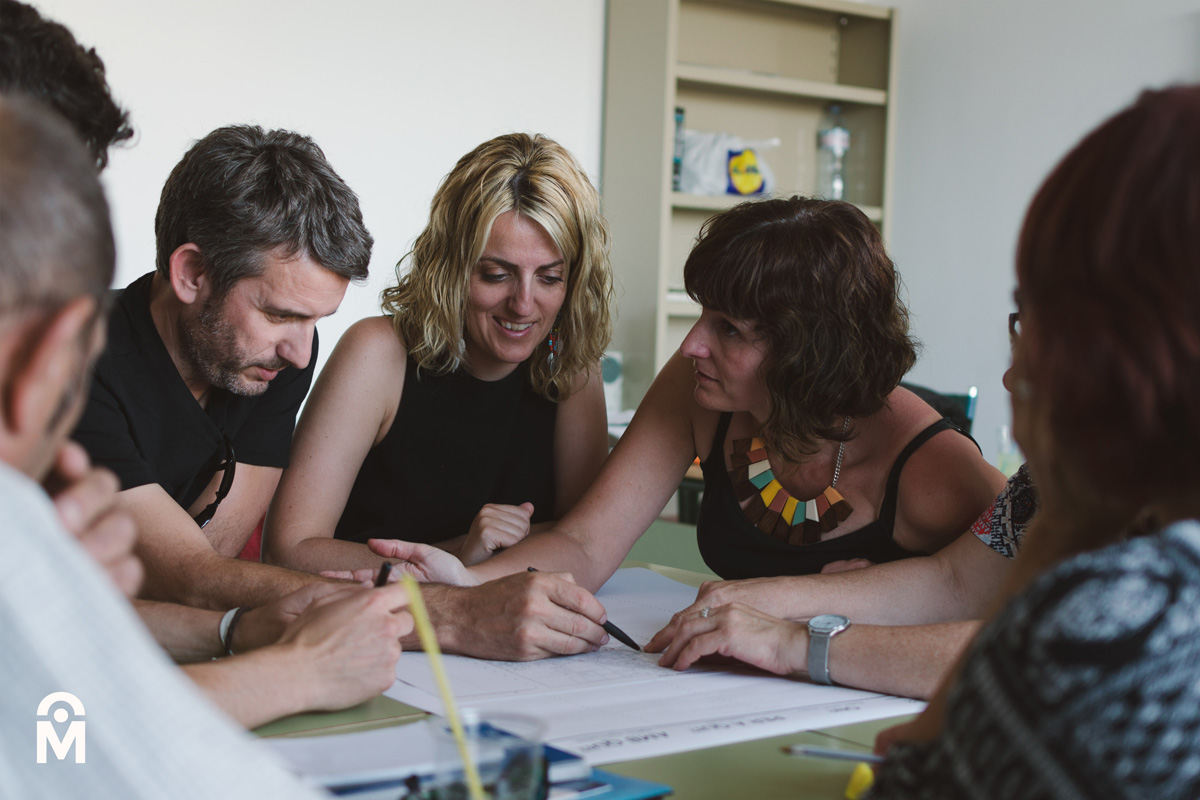Scenario building is a hybrid methodology that combines qualitative and quantitative techniques to anticipate plausible futures, assess territorial implications, and support evidence-based decision-making. The process typically begins with formulating assumptions and constructing narratives that outline different possible trajectories based on strategic variables related to public space or urban policies.
This approach supports the projection of future demands in areas such as mobility, urban infrastructure and the availability of public space, providing a rigorous analytical foundation for territorial planning and public policy design.
